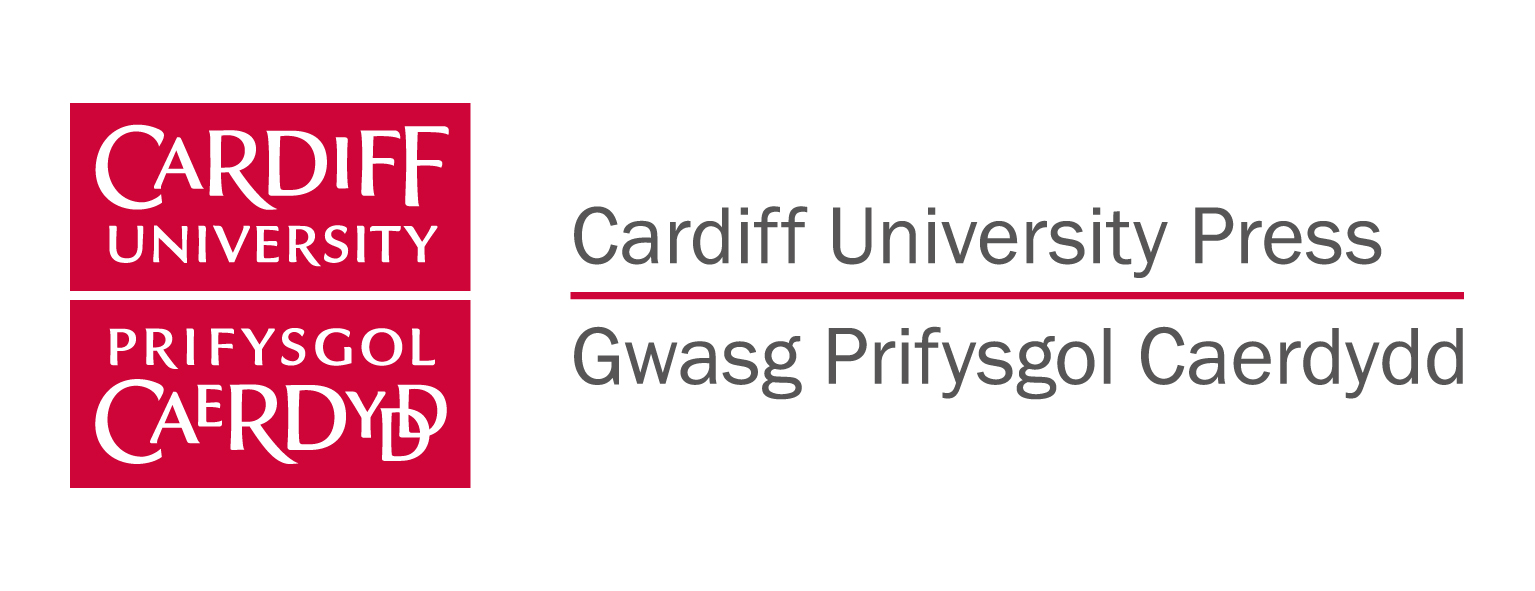by Daniel Cook
At this time of year we begin to field queries, and applications, for our Taught Masters programmes. As it happens, the postgraduate committee in the School of Humanities at Dundee have also been discussing plans for new programmes, new modules, and even new pathways in time for 2015-16. So Taught Masters have been on my mind this week. When I moved to a Scottish university one of the first things I noticed was the variety of Masters designations. Edinburgh has MScs, St Andrews MLitts and MPhils, whereas Dundee, Stirling, Aberdeen, and Glasgow, among others, have MLitts. English universities usually have MAs (at Cambridge it is an MPhil), but an MA in Scotland refers to the four-year undergraduate degree, the standard model used across the country. Currently I convene the MLitt in English Studies at Dundee, but we’re looking to add Masters by Research (MReses) to our roster. Sounds good — an MRes — I think. We also have MPhils, but such a designation is mainly used outwith the School of Humanities here.

The English department at Dundee is relatively small and so our Taught Masters tend to address a mixture of fields. History have more specific pathways, such as Scottish History, but they too pool their resources for core modules. Aside from the team-taught core module on the MLitt in English Studies (Approaches to Literature, Criticism and Culture), staff run modules tied to their research interests, though we are mindful of covering other fields as comprehensively as necessary. Rather than a module on, say, William McGonagall: The Best Worst Poet, or Swift and Pope: Satirists in Dialogue, or Wordsworth and Coleridge: Poetic Frenemies, I presently convene a very general one on Romantic and Victorian Poetry. Such a module feeds on our undergraduates’ interest in nineteenth-century poetry. (Why not call it Nineteenth-Century Poetry? I don’t know about you, but I find dates in module titles a little off-putting, perhaps even clinical somehow). As an aside, it might be worth noting that at undergraduate level in the UK Romantic poetry often buddies up with eighteenth-century poetry (damn, what did I just say?) — certainly I work on, and therefore would prefer to teach, eighteenth-century poetry (damn, damn) alongside the Romantics — but at postgraduate level it more readily couples with Victorian (at Durham and Bristol, for example). It’s intellectually stimulating, not to say mentally healthy, to be flexible in both teaching and research, of course, and I happen to enjoy reading and raving about Tennyson, the Brownings, and the Rossettis in particular. Romantic to Victorian is hardly a great stretch, after all, particularly when, at undergraduate level, we flit between Donne and Carter in the same morning. I have been toying with the idea of introducing new modules for next year, including Scottish and Irish Romanticism, or perhaps even just Scottish Romanticism (no dates there!). Gothic is especially popular among the undergraduates here, so perhaps I might set up a Romantic & Gothic Literature module, a variation of my undergraduate module of the same name. Indeed, Stirling have not only a module but a Taught Masters called The Gothic Imagination. Modules on this MLitt include American Gothic, Gothic in Contemporary Film, and The Female Gothic. Stirling thereby provides a salient model of a bespoke, specialist Masters that brings together established research strengths and teaching interests.
As it happens, in 2015, Dundee will be introducing a new MLitt in Science Fiction. (In addition to English Studies we have MLitts in Comics Studies, Film Studies, Gender, Culture & Society, Philosophy & Literature (co-taught with Philosophy, as you might imagine), Theatre Studies, and Creative Writing). The MLitt in Science Fiction was approved at Board level in the last month or so, and my colleagues have already put together some excellent, and pertinent, module options, including a core module on the history of Science Fiction that runs from Mary Shelley to the present day (with Nicole Devarenne), Science Fiction Films (with Brian Hoyle), H. G. Wells (Keith Williams’ specialism), Scientific Romance, and, building on one of Dundee’s unique strengths, Science Fiction Comics and Graphic Novels (with Chris Murray). Scottish universities seem to favour, rightly I think, trans-curricula and even trans-disciplinary Masters. Edinburgh has a thriving Centre for the History of the Book, so it makes sense that they have an MSc in Material Cultures & The History of the Book. Romanticism, another one of their strengths, is addressed under the larger MSc in Literature and Society: Enlightenment, Romantic and Victorian. Glasgow has an MLitt in Victorian Literature, but not Romanticism, one of its main research interests. Meanwhile, St Andrews, another leading hub for Romantic studies, teaches Romantic/Victorian Literature under the more general auspices of an MLitt in English. Like Dundee and St Andrews, Aberdeen has a general MLitt in English Studies with a range of module options, too. Smaller departments like Dundee English have to be resourceful in order to meet the needs of our own students and to attract new ones. In addition to modules ranging from Old English to contemporary drama, many of which cut across our MLitts, we have a Special Author option in which students can read intensively the works of one author, whether it’s Shakespeare’s Tragedies or Keats’s Odes or something else entirely. We also have the summer Dissertation to round things off. So broad yet specialist, that’s the way to go.
Dr Daniel Cook is a Lecturer in English at the University of Dundee. Daniel has published widely on eighteenth-century and Romantic-period literature and biography, including his first monograph, Thomas Chatterton and Neglected Genius, 1760–1830 (Palgrave, 2013).
